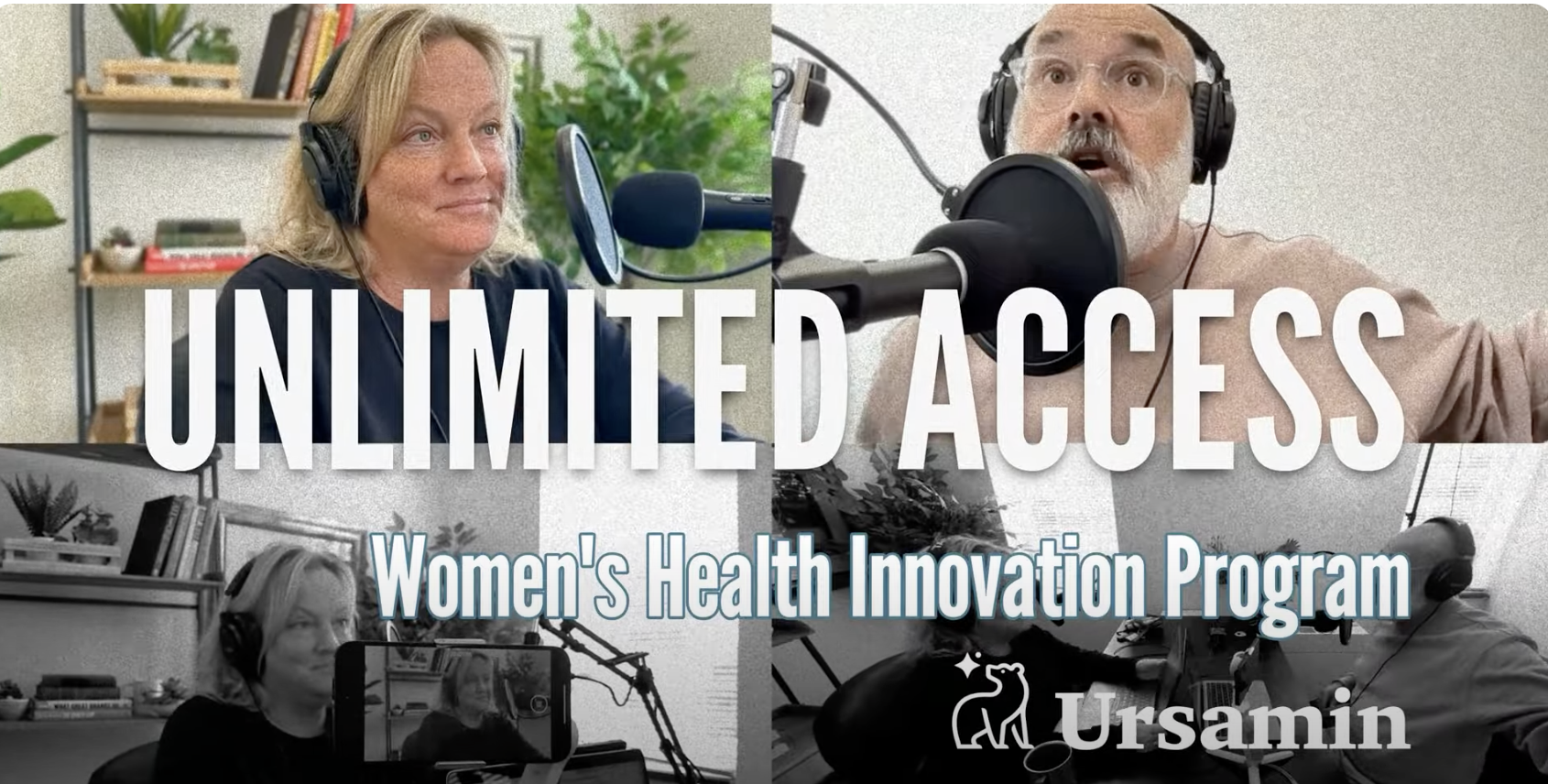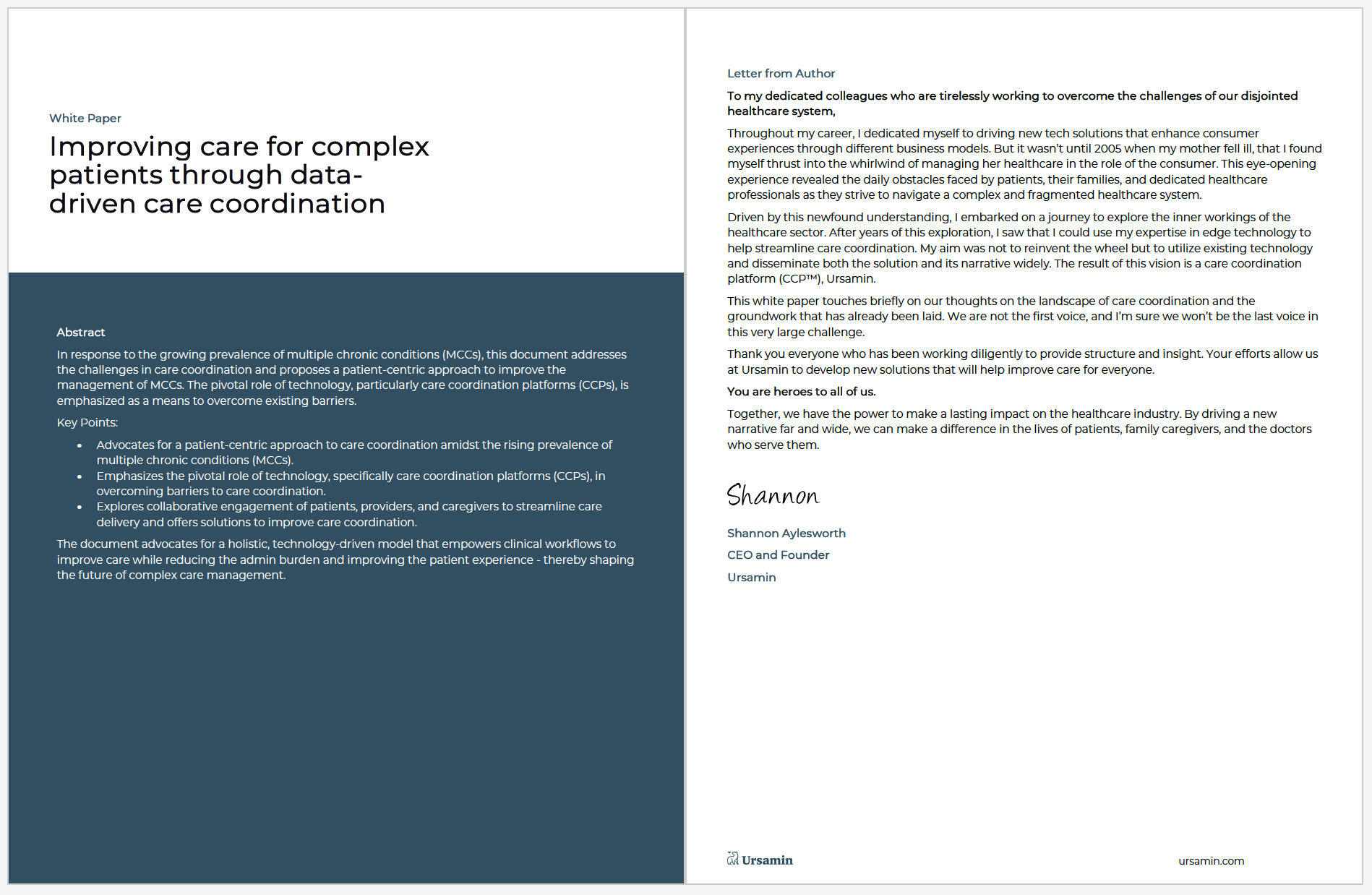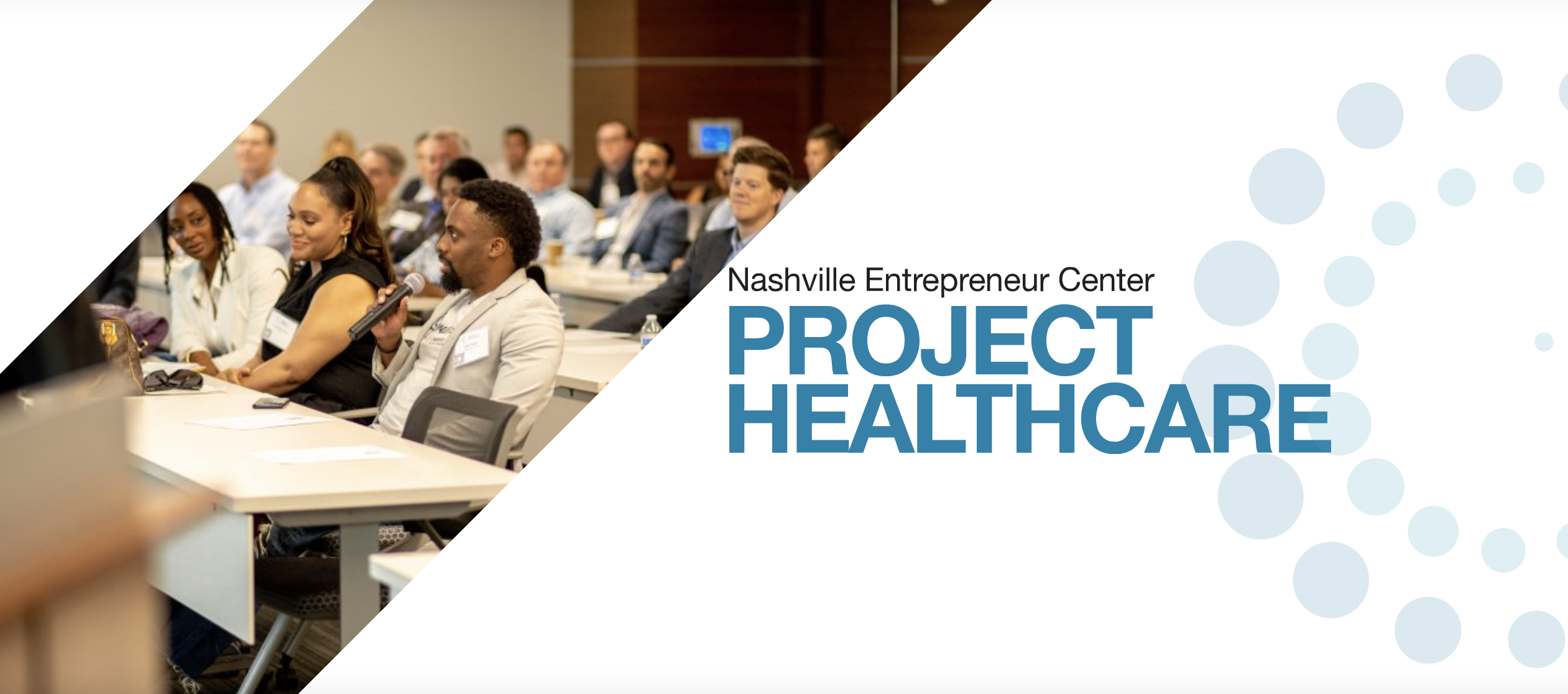The healthcare landscape is evolving, and the shift toward patient-centric care is at the forefront. In an enlightening conversation on the podcast “Unlimited Access,” Shannon Aylesworth, founder and CEO of Ursamin, discusses the future of healthcare, particularly in the context of patient empowerment and data accessibility.
Understanding The Problem
Healthcare in the United States faces several challenges, including the increased expectation for patients to take more responsibility for their health. This expectation, however, is not always coupled with providing patients with the necessary tools and understanding to manage their healthcare effectively. As co-host Levi notes, healthcare institutions often siloed and controlled healthcare data, limiting the patient’s access and comprehension.
The Current Healthcare Architecture
Shannon Aylesworth highlights the “healthcare architecture” concept, referring to the systems and structures that control and manage healthcare data. These systems, often outdated, were built around acute care models prevalent decades ago. Consequently, they are ill-equipped to handle the shift toward chronic care management and patient-led health decisions.
She further elaborates that healthcare data is not limited to medical records. Still, she includes other aspects such as billing data, patient movement data, insurance information, etc. This data is critical to the operational side of a hospital, intertwined with a patient’s medical history, and thus is not easily shareable or understandable.
The Shift to Chronic Illness Management
With an estimated 180 million people expected to have at least one chronic illness by 2030, there is an urgent need to reorient the healthcare architecture to serve these patients better. The rise of chronic illnesses necessitates a model where the bulk of the work is on the patient. Hence, ensuring patients can access and understand their health data is crucial.
This shift places the patient as the primary driver of health, with 60% of health outcomes being dependent on patient actions, 20% on genetics, and the remaining 20% on the healthcare providers. It underscores the importance of arming patients with their data, thus empowering them to make informed health decisions.
The Ursamin Solution
This is where Ursamin comes into the picture. The platform simplifies health data and promotes proactive health management, giving patients the tools to understand and manage their health more effectively. By integrating health records, wearable data, shared calendars, resources, and education into one user-friendly platform, Ursamin is breaking down the barriers to health data access and understanding.
Shannon stresses the importance of changing where communication about healthcare happens – from inside a healthcare facility to directly between the healthcare provider and the patient. She mentions the rise of remote patient monitoring and wearables as indications of this shift, underlining the impact of data generated outside the doctor’s office on overall health outcomes.
Who is Responsible for Your Health?
In conclusion, the conversation circles back to the question, “Who is responsible for your health?” In an era where chronic illnesses are prevalent, and the bulk of healthcare management falls on the patient, patients must be equipped with the necessary tools and understanding to navigate their health journey. And with Ursamin, Shannon Aylesworth is leading the charge to make this vision a reality.
The conversation on “Unlimited Access” with Shannon offers a deep dive into the future of healthcare, emphasizing the need for a patient-centric, data-driven approach. As we navigate this evolving landscape, platforms like Ursamin offer a beacon of hope, empowering patients to take control of their health.





